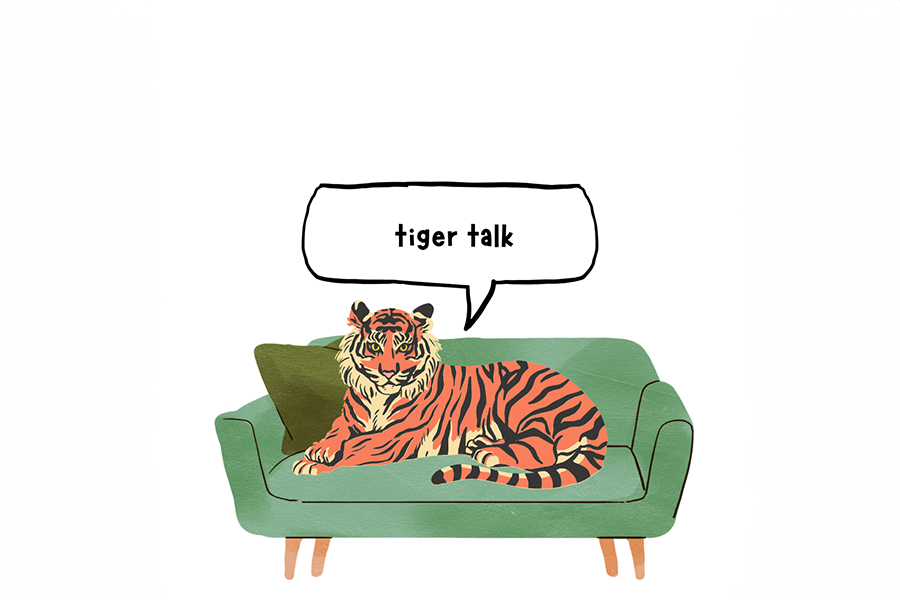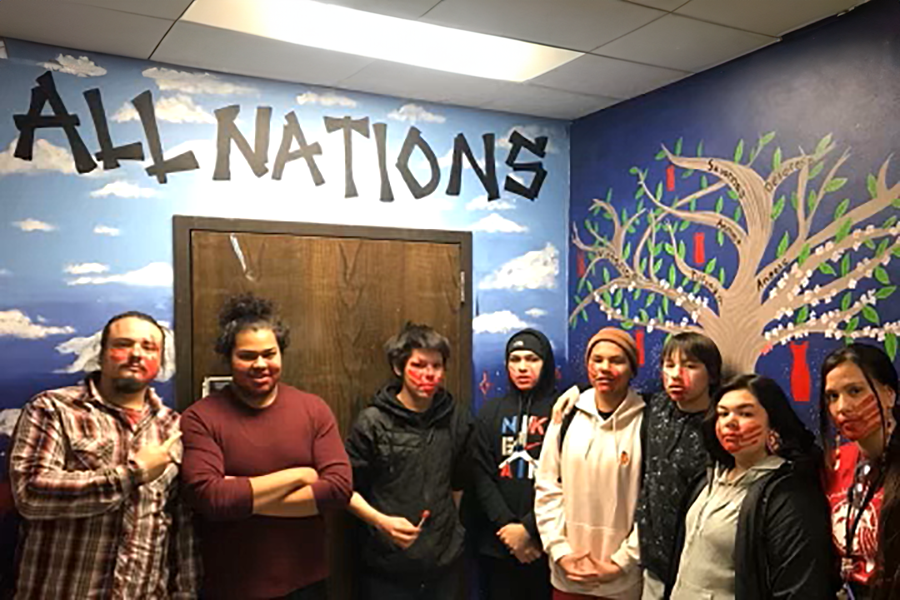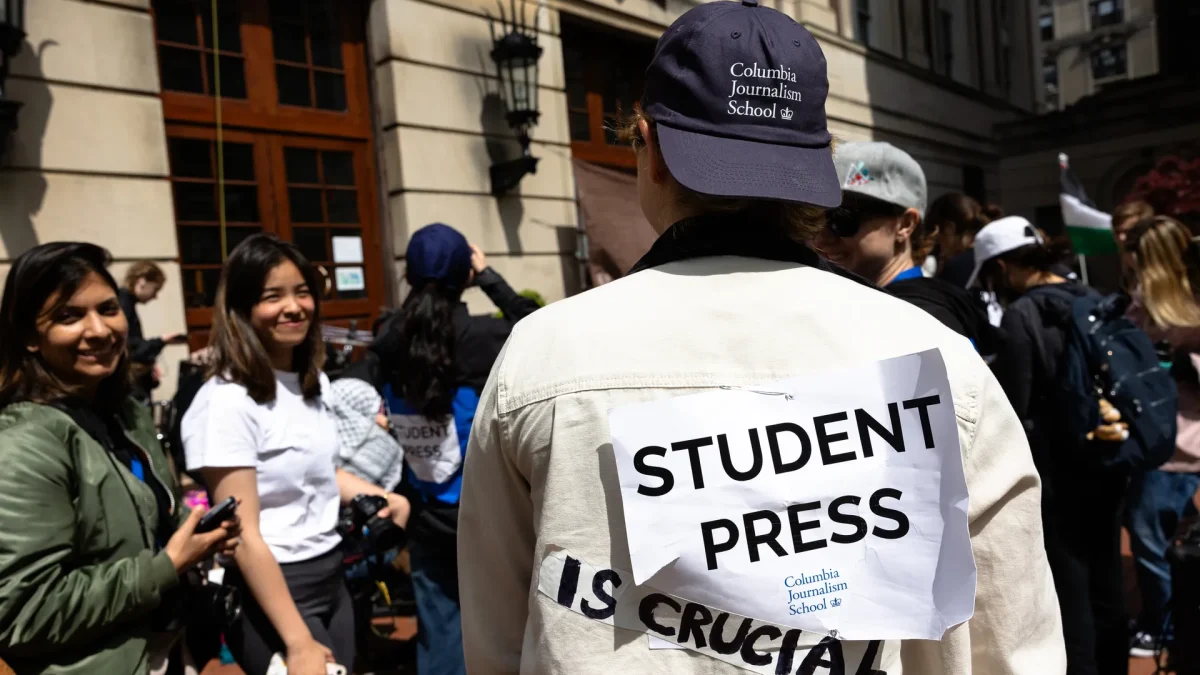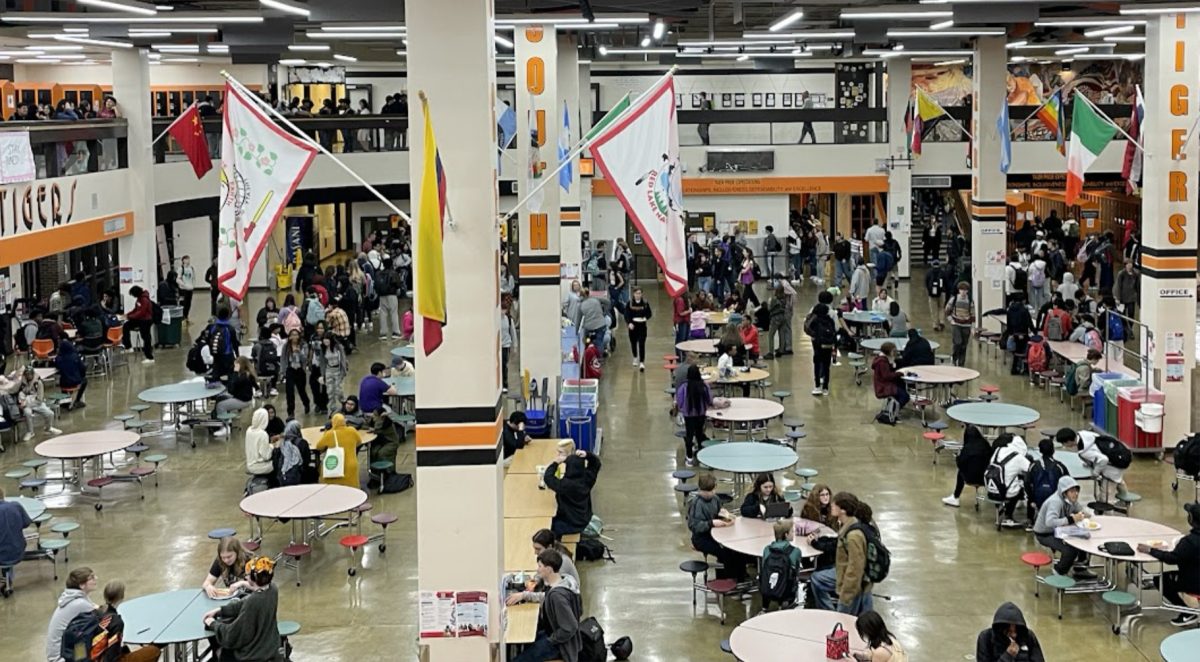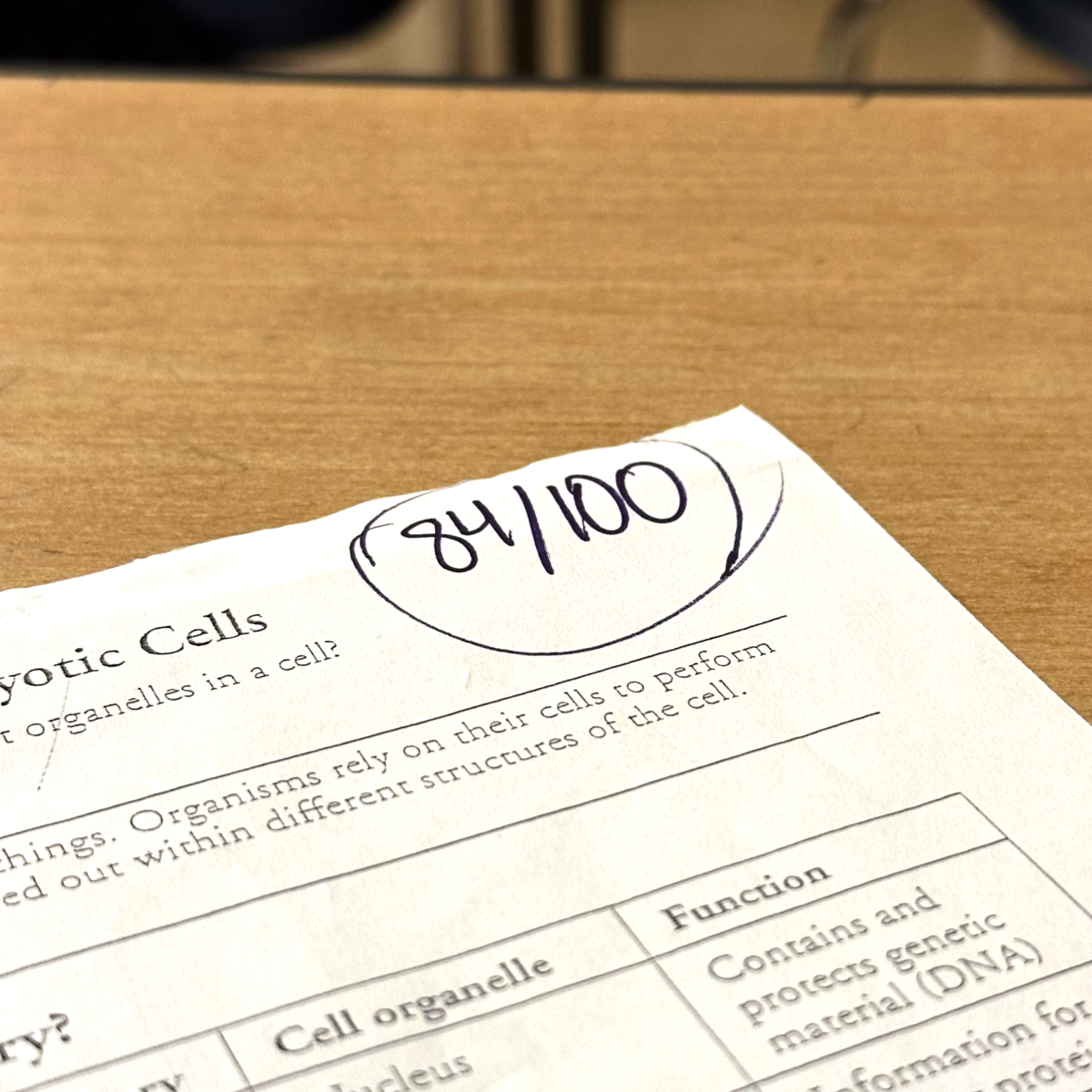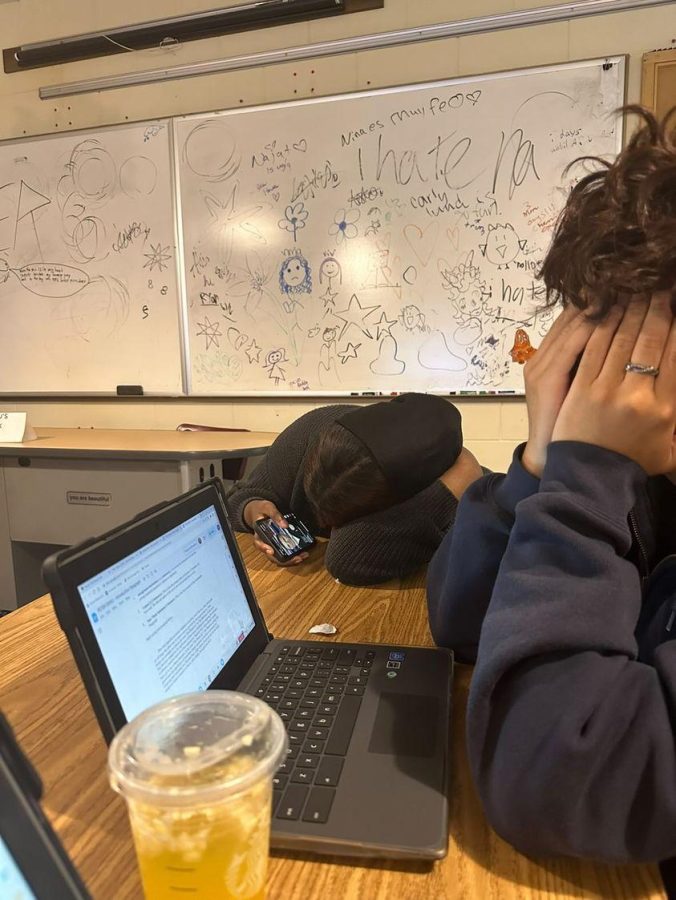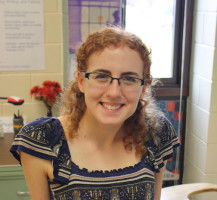For one scorching weekend at the end of July, the Sommers family flocks together from all corners of the world. During those few days all 60 or so aunts, uncles, cousins, and distant relatives take over a hotel to play cards, catch up, and do charity.
These overwhelmingly fabulous family meetings have been a part of my summers for as long as I can remember. Nearly every one of these years we, as a family, have participated in a form of giving – whether that is packaging food, or deciding as a family to donate to an organization. It wasn’t until recently that I began to question whether what we do is good for the world, or whether, by participating in charity, I was actually taking a step backwards.
This summer, I had the incredible opportunity to live and work in rural Nicaragua for seven weeks with the program AMIGOS de las Américas, which has been taking youth volunteers to Latin America for 48 years. During their time in country, all volunteers lead workshops in a school, live with a host family, and organize their community to carry out a project. I took flight on June 13th, thinking I was prepared for the life changing summer that awaited me.
But when the bus teetered up to its last stop, and I stood next to my bulging backpack, looking at my new home, I did not find a people in need. These were not the people with desperate eyes that looked out from ads for donations. The community had all of the tools and resources they needed for success and development.
Throughout the summer, my role was an initiator. My job was to share what I had learned in training about community organizing with the other youth in my community. It was a two-way street. As I worked from my strengths, they taught me other ways of thinking and acting.
The idea of sending charity to my family in Nicaragua makes me angry. Poverty is not a debilitating condition, demanding the pity of an outsider. In my experience of community development, all people involved contributed and learned.
The charitable mindset creates a waterfall of resources, whether those resources are time, energy, or money. They fall from privileged society at the top, tumbling down to the receiver at the bottom, a passive recipient. But when there is a drought, then what? And when the giver decides to avert their efforts to another cause, what then?
Charity in this model inherently involves a power hierarchy. The assumption that I as a giver can improve the poor receiver’s life suggests that I am superior, better qualified, more capable, and that the receiver cannot act for themselves. If they can’t act for themselves, then what is the point of charity? If we can’t create sustainable change, then why contribute to a cycle that has to end badly?
To be fair, the giver rarely intends to do harm. I have been the giver many times, out of kindness, wanting to do good. Slowly, however, I have realized that what I have to offer to “help” the world is nothing compared to what can be achieved if we work together.
One exception is aid. If sending food, water, and other resources will save a life then it absolutely must be sent. We have an international responsibility to assist in times of crisis, like in response to a natural disaster or political unrest. However, this help must always be with the goal of returning to self-sufficiency.
So we are left with the question: how can we, from Minnesota, make a difference in the world?
The difference is the frame of mind. It is giving someone food, versus teaching how to use tools already there to make their own food.
Besides AMIGOS, which works partnering communities and volunteers to work together, Heifer International follows these codes of sustainability. Using monetary donations, the program provides families in impoverished areas with a form of livestock, and instruction on how best to raise them. $20 will send a family a flock of ducks, with the requirement that when the ducks reproduce, the offspring will be shared with others in the community. We can share our skills, strategies, and ideas, while learning ourselves.
Actions of empowerment, like these, create sustainable change. They unite people from around the world, working to build up their communities, as we build up ours. They put all of us on the same level, rather than creating a relationship of superiority.
If donating is how you are able to participate in change making, then go for it. So many organizations make hugely positive impacts locally, nationally, and globally. But the next time you go to give, ask yourself these questions. When will the cause you are donating to be resolved, and how? Where is your money going–to the cause, or to management costs? Will the gift run out, or maintain a sustained impact? What is your goal in donating?

